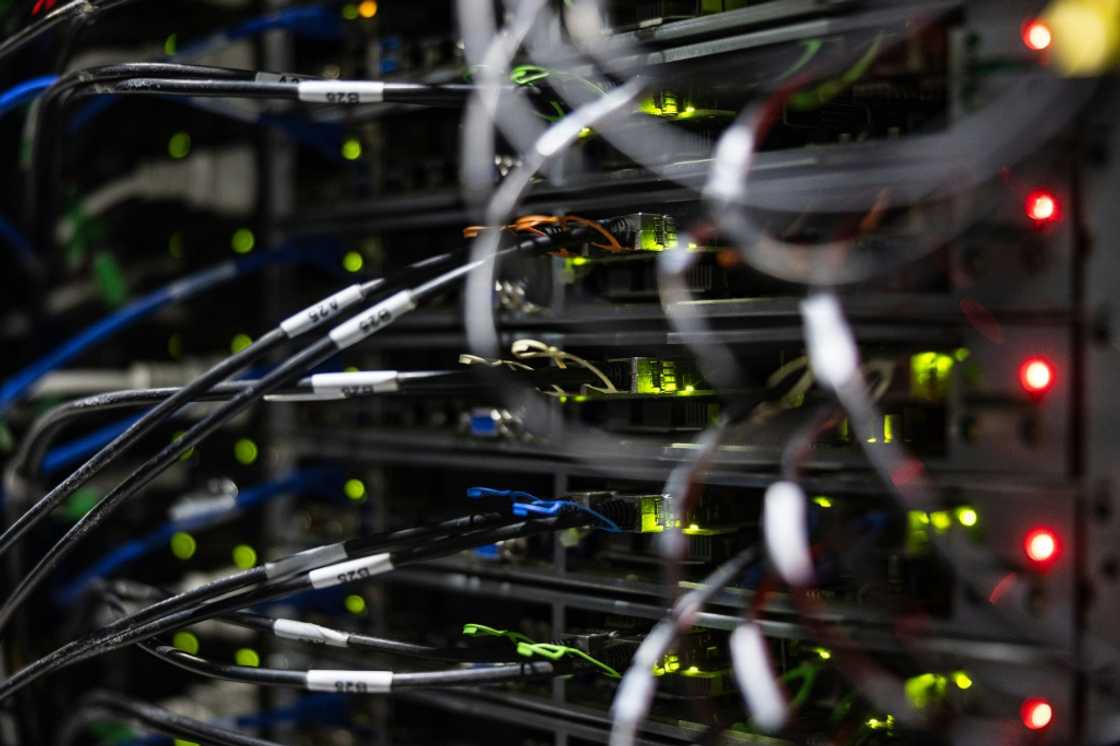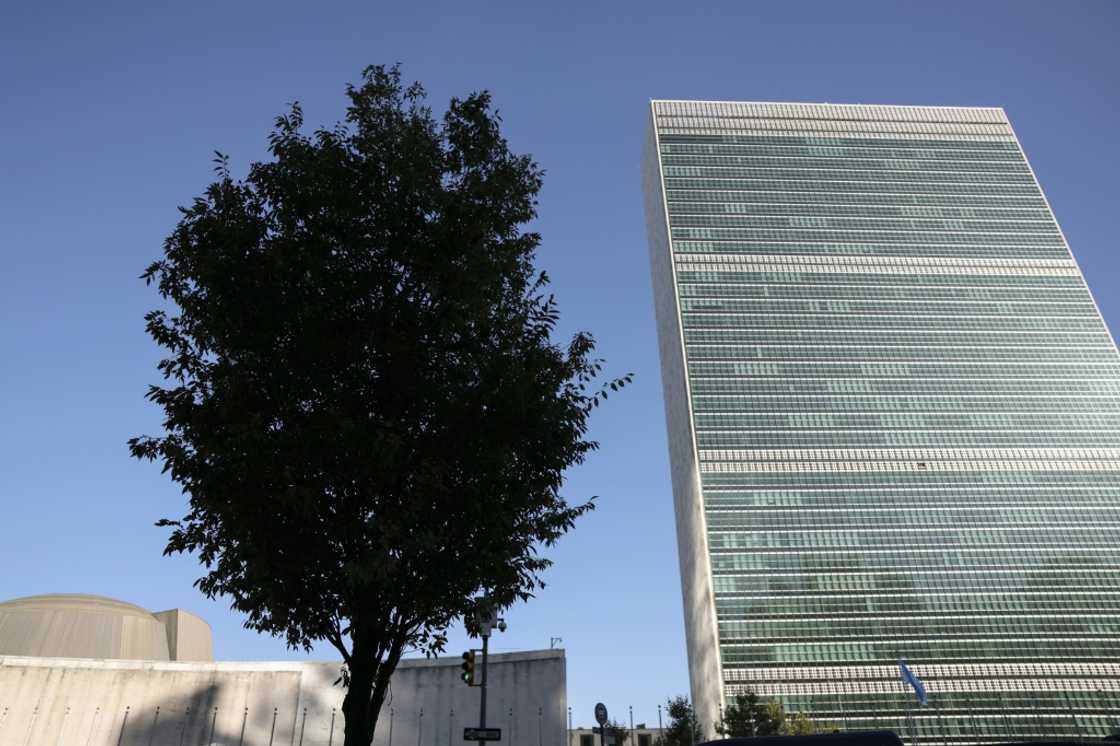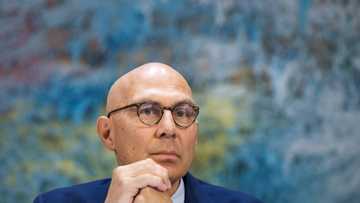'Splinternets' threat to be avoided, says web address controller

Source: AFP
The risk of the internet fragmenting into national "splinternets" will likely be averted in a UN vote next month, the head of the authority that manages web addresses told AFP on Tuesday.
"The vast majority of the countries that we have met with, including countries who in the past have been very sceptical... believe the current model of governing the internet has worked," Kurtis Lindqvist, head of ICANN, said at the Web Summit tech gathering in Lisbon.
Officials from UN member countries are to meet December 15-16 to review the rules that have applied to internet over the past two decades.
Some proposals circulating call for control of managing internet addresses being taken away from the US-based non-profit Internet Corporation for Assigned Names and Numbers (ICANN) that Lindqvist runs.
Pressure has built in recent years to give that power to governments and trade groups.
But ICANN has warned that any such move could lead to a fragmented "splinternet" in which it could prove expensive or impossible for people to connect across separate address systems.
Lindqvist said "there's some careful optimism" that the existing system will remain in place. "But let's see what happens in December."
He added that "negotiations really start now" on the text that will be adopted at the meeting at the United Nations headquarters in New York.
'Phenomenally successful'

Source: AFP
ICANN is best known for coordinating global allocation of internet addresses -- whether the easily-remembered versions people type into web browsers, or the strings of numbers used by computers known as IP addresses.
Having a single agreed-upon address system worldwide means that anyone in any country can easily reach people elsewhere on the globe by visiting their website or sending an email.
The internet's social and business benefits are "only possible because we have a uniform technical standard, we have uniform identifiers that are reachable throughout the entire internet," Lindqvist said.
"If we start fragmenting this by raising barriers or through policy actions, then we start diminishing this value creation".
Over the decades the internet has existed, "we have unfortunately been so phenomenally successful with this that people are starting to take the internet for granted, and that's the real risk," Lindqvist added.
The ICANN chief further called for the UN to end the practice of reviewing internet governance every 10 years.
"The model of governing the internet has been successful... We know it works," he said, adding that "that seems to be agreed to by most member states".
By contrast, in terms of regulation of AI -- this decade's erupting technology -- "everything literally is on the table" in talks among governments, Lindqvist said.
From proposals for independent governance along ICANN lines to a dedicated UN AI agency, "It's the same as the late '90s, literally it's the same spectrum," he said.
Source: AFP



